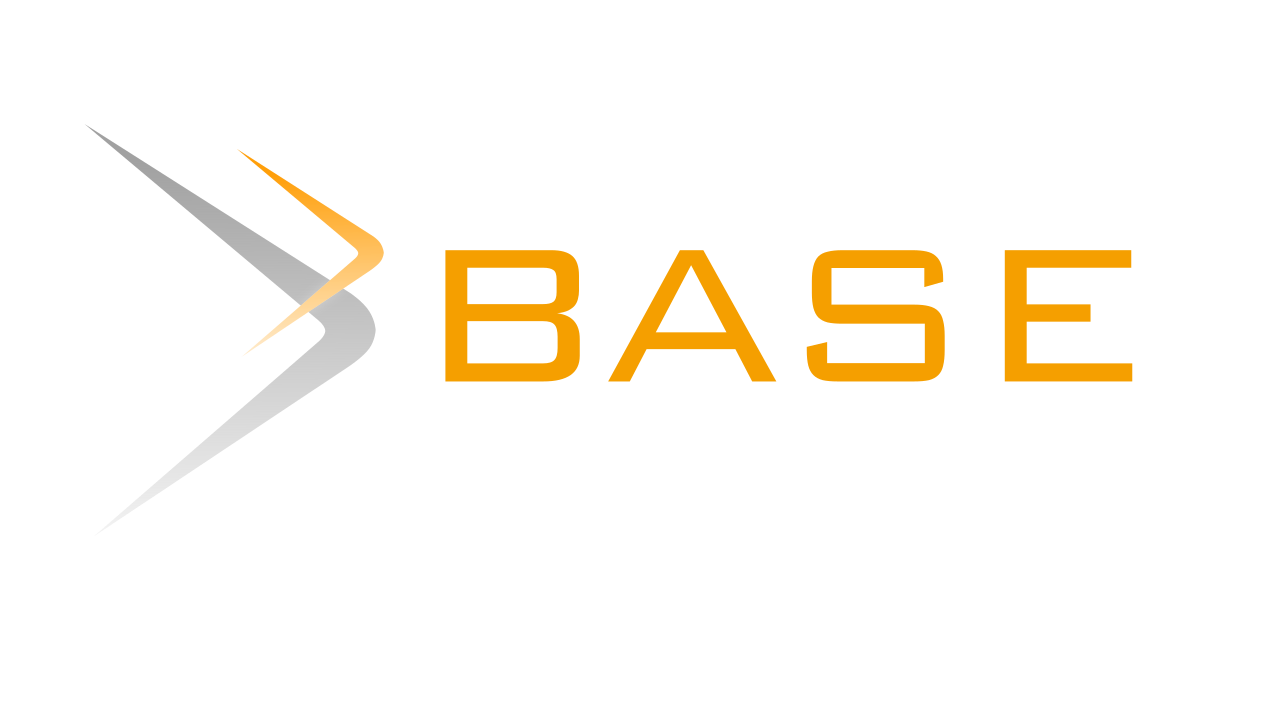Analysis of Financial Audit and Shariah Audit at the National Amil Zakat Agency (BAZNAS) Madiun City
DOI:
https://doi.org/10.32486/aksi.v7i1.282Abstract
The existence of groups or institutions engaged in the collection and distribution of zakat, infaq and alms funds has recently increased in number. Most of them are still not officially registered at the Ministry of Religion. As a form of accountability to mustahik, it is mandatory to carry out a financial audit and of course also a sharia audit. The Baznas of Madiun City as one of the amil zakat bodies established by law is also inseparable from these obligations, which have been financially audited by a public accounting firm and also a sharia audit by the Inspectorate General of the Ministry of Religion of the Republic of Indonesia. The purpose of this study was to analyze the problems in the findings of the sharia audit conducted by the Inspectorate General of the Ministry of Religion of the Republic of Indonesia with a financial audit conducted by the Public Accountant Office as a comparison at Baznas Madiun City. The research method uses a descriptive qualitative approach, collecting data by observation, documentation and interviews, in this case carried out with the leaders and implementers of the Madiun City Baznas. The results of this study are that there are several differences in the concept of assessment between the results of the sharia audit findings and the audit results from the Public Accounting Firm.
References
Huda, Nurul & Sawarjuwono, Tjiptohadi. (2013). Akuntabilitas Pengelolaan Zakat melalui Pendekatan Modifikasi Action Research. Jurnal Akuntansi Multiparadigma (JAMAL), 4(3), 330-507.
Ikatan Akuntan Indonesia. 2011. Pedoman Standar Akuntansi Keuangan Nomor 109. Akuntansi Zakat, Infak, Sedekah.
Jahar, Asep Saepudin. 2010, Masa Depan Filantropi Islam Indonesia : Kajian Lembaga-lembaga Zakat dan Wakaf. Annual Conference on Islamic Studies (ACIS) ke-10, Banjarmasin, 1-4 November.
Kasim, Nawal., Zuraidah Mohd Sanusi., Tatik Mutamimah., Sigit Handoyo. (2013) Assessing the current practice of Auditing in Islamic Financial Institutions in Malaysia and Indonesia”, International Journal of Trade, Economics and Finance, 4(6), 6.
Kementerian Agama RI Direktorat Jenderal Bimbingan Masyarakat Islam. (2012). Panduan Organisasi Pengelola Zakat. Jakarta: Kementerian Agama RI.
Kholmi, Masiyah. 2012. Akuntabilitas dan Pembentukan Perilaku Amanah dalam Masyarakat Islam, Jurnal Studi Masyarakat Islam, 15(1), 63-72.
Kusmiati, Mia. (2015). Membangun Kesehatan Organisasi Institusi Pendidikan Dokter: sebuah Transformasi menuju Akuntabilitas Sosial. MIMBAR, 31(1), 123-134.
Mulyadi. 2014. Auditing. Buku 1 Edisi 6. Jakarta: Salemba Empat.
Peraturan Pemerintah Nomor 14 Tahun 2014 tentang Pelaksanaan Undang-Undang Nomor 23 Tahun 2011 tentang Pengelolaan Zakat.
Ridwana R,. Dyah P. 2021. Penerapan Audit Syariah Dalam Peningkatan Akuntabilitas Pengelolaan Dana Zakat, Infaq Dan Sedekah Pada Badan Amil Zakat Nasional Kabupaten Tulungagung. ZAWA: Jurnal Manajemen Zakat dan Wakaf, 1(2), 1-9.
Tapanjeh, Abdussalam Mohammed Abu. 2009. Corporate Governance from the Islamic Perspective: A Comparative Analysis with OECD Principles. Critical Perspectives on Accounting , Volume 20 : 556-567.
Teten Kustiawan, dkk. (2012). Pedoman Akuntansi Amil Zakat (PAAZ) Panduan Implementasi Penyusunan laporan Keuangan Berbasis PSAK 109. Jakarta: Forum Zakat.
Undang-Undang No.38 tahun 1999 tentang Pengelolaan Zakat.
Undang-Undang No.11 tahun 2011 tentang Pengelolaan Zakat.
https://www.cnnindonesia.com/nasional/20211123154302-20-725011/kemenag-umumkan-daftar-91-lembaga-amil-zakat-yang-sah-kantongi-izin (23 November 2021)
https://bisnis.tempo.co/read/1578010/baznas-potensi-zakat-di-indonesia-capai-rp-327-triliun/full&view=ok (3 April 2022)
Downloads
Published
How to Cite
Issue
Section
License
Copyright (c) 2022 Ahmad Kudhori, Hedi Pandowo

This work is licensed under a Creative Commons Attribution-ShareAlike 4.0 International License.













